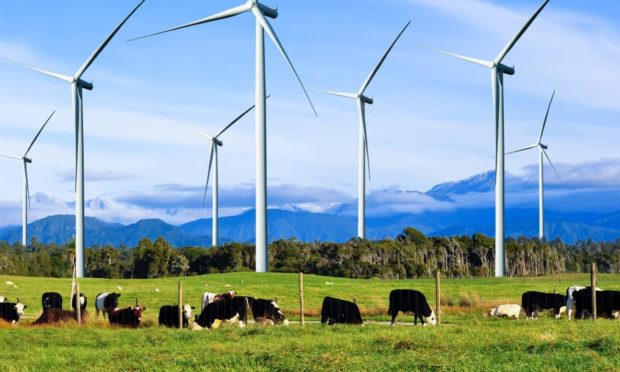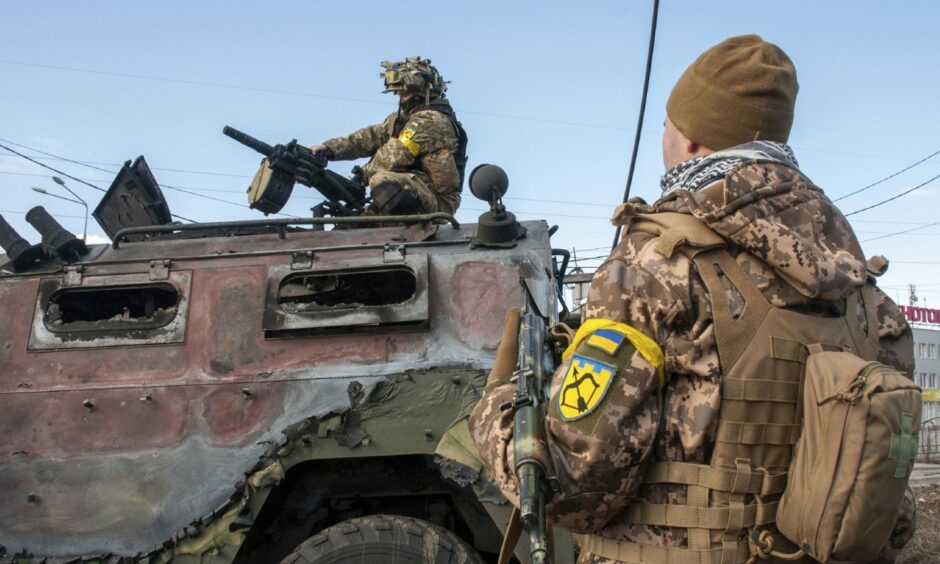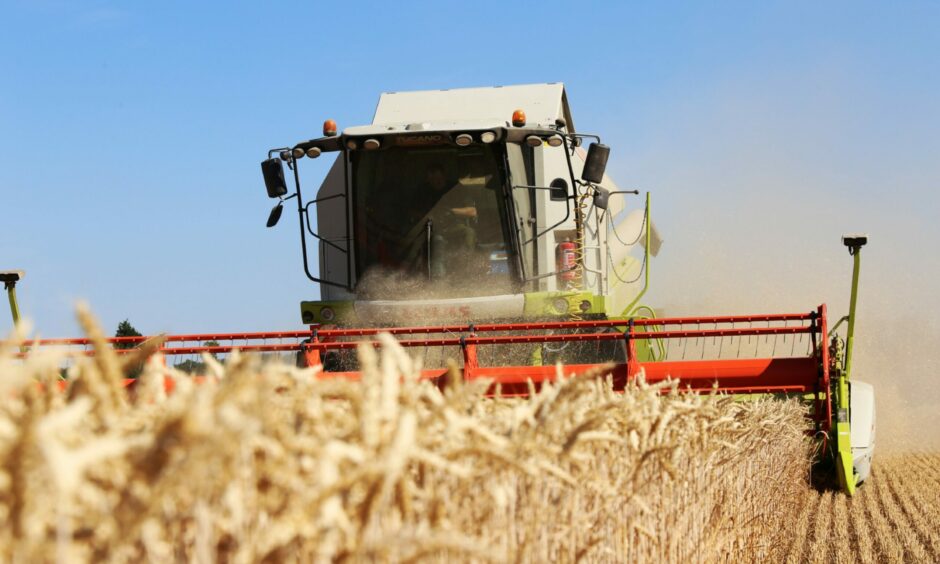A month ago, when I wrote my last column the war in Ukraine had only started and most experts predicted that it would be all over in a matter of days.
Russia with its huge advantage in troop numbers and weapons would simply steam roller any resistance from the Ukrainian army and President Zelensky’s government would fall.
How wrong those commentators were.
Forty days into the conflict and it is clear they and Putin fatally underestimated the Ukrainian people’s willingness to fight and die for their country.
Despite the pounding their cities have taken, the Ukrainian army have not only stopped the Russian advance but in places are starting to push them back.
If Putin did succeed in taking Ukraine, then Estonia, Lithuania and Latvia with significant Russian speaking populations will be next on his list.
These Baltic countries are members of NATO and any military threat to them would inevitably draw western Europe and the US into the conflict with Russia to defend them.
So, let us be under no illusions the Ukrainian people are fighting, dying, and suffering on our behalf, and we should be so grateful to them for the courage and bravery they have shown in standing up to Putin and his cronies.
The war has united the West in a massive effort to arm the Ukrainians and provide food and shelter for the millions of Ukrainian refugees fleeing from the fighting.
It has also highlighted the huge strategic mistake Western Europe made in its rush to decarbonise the energy sector by switching from coal to cheap Russian gas for its base load energy needs.
Although the West has slapped hard hitting economic sanctions on Russia, they don’t apply to imported Russian oil and gas because many European economies are so reliant on them.
As a result, European countries are handing over $10 billion (£7.6bn) every month to Russia for oil and gas supplies helping to fund Putin’s war machine, which is slaughtering innocent people in Ukraine.
What a shameful and humiliating price Europe is paying for that mistake.
It also highlights the folly of those in the UK who are calling for the oil and gas to be left untouched in the North Sea.
The UK will still need oil and gas in the transition period to net zero to power our economy and it surely makes more sense on both security and environmental grounds to source it locally rather than rely on imports.
The war has also driven commodity prices to all-time highs and with inflation predicted to reach over 10% consumers are facing a massive cost of living crisis.
In most sectors, apart from pigs, farmers are benefitting from record commodity prices but the rise in fuel and fertiliser costs will more than wipe out any gains.
Norwegian fertiliser maker Yara has also warned of a global food crisis as Russia and Ukraine are not only world powers in agriculture production, but Russia supplies 25% of European nitrogen, phosphate, and potash.
The crisis has prompted several EU countries to question whether the European Commission’s Farm to Fork strategy is the right approach to decarbonising the farm sector in Europe?
Experts predict the binding measures in Farm to Fork to slash pesticide and nitrogen use and dramatically increase organic production to 25% of agricultural land in the EU could cut food production by 10-15%.
They warn that puts food security in Europe at risk.
Many are now asking whether it is wise for the EU to sacrifice food production and rely on imports given the harsh lessons from the energy sector.
Farm Europe, the leading think tank in Brussels, recently called for a rethink on Farm to Fork claiming it would have limited benefits for the environment as production would rise in other countries with lower environmental standards to compensate for the reduction in EU production.
Of course, some farm organisations are using the crisis as an argument to exempt agriculture from net-zero targets and to continue with business as usual.
That plea should be given short shrift as it is essential that every sector delivers it share of carbon reductions to meet the net-zero targets.
The fundamental question is how you get there?
The European Commission, led by Vice President Frans Timmermans, appears to be ideologically opposed to intensive agriculture ignoring the fact that it produces the vast bulk of the food we eat.
Only last week leading European Commission officials doubled down claiming we “must turn away from intensive agriculture”.
In stark contrast the US are investing heavily in developing climate smart agriculture practises that both cuts carbon and increases yields.
They aim to develop sustainable intensive farming systems that cut emissions but also produce enough food to feed a growing world population.
In Scotland, this fundamental debate kicked off with the row between Scottish Government officials and the farmer-led groups on cutting beef cow numbers to meet Scotland’s net-zero targets.
I think it is outrageous the Scottish Government buried that debate in the long grass with the setting up of yet another committee under the instantly forgettable name of the Agriculture Reform Implementation Oversight Board.
- George Lyon is a former MEP and a former president of NFU Scotland. He is a senior consultant for Hume Brophy.


